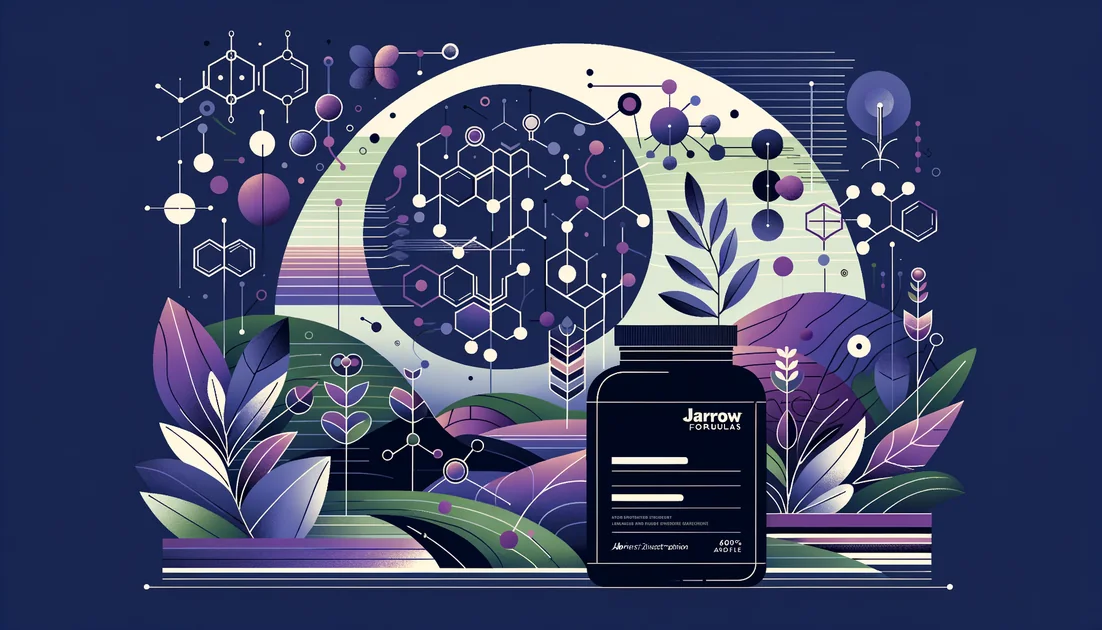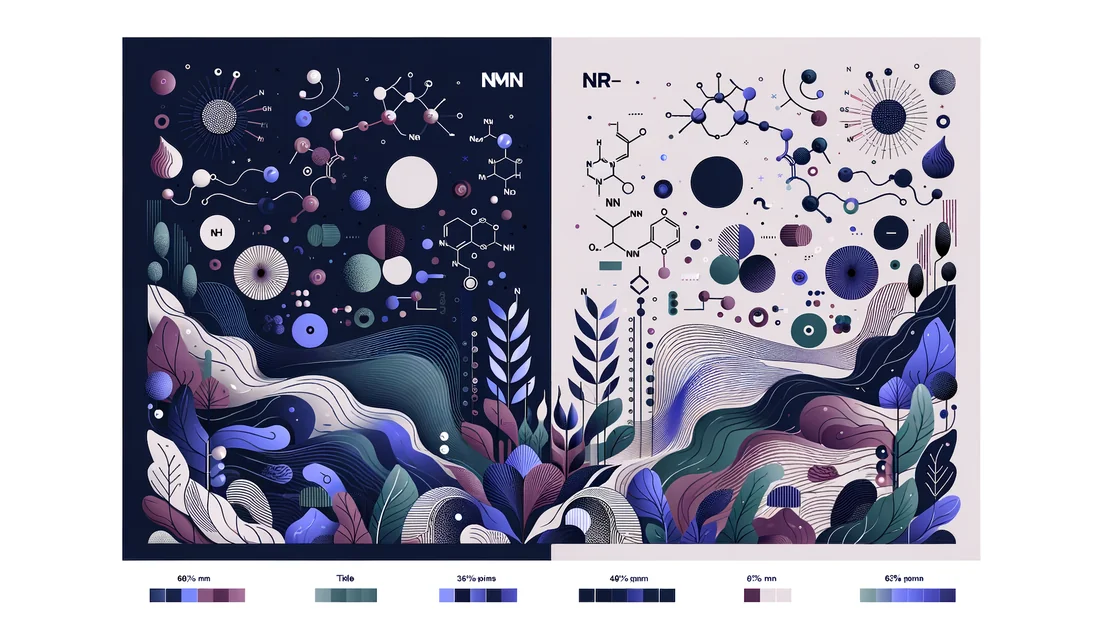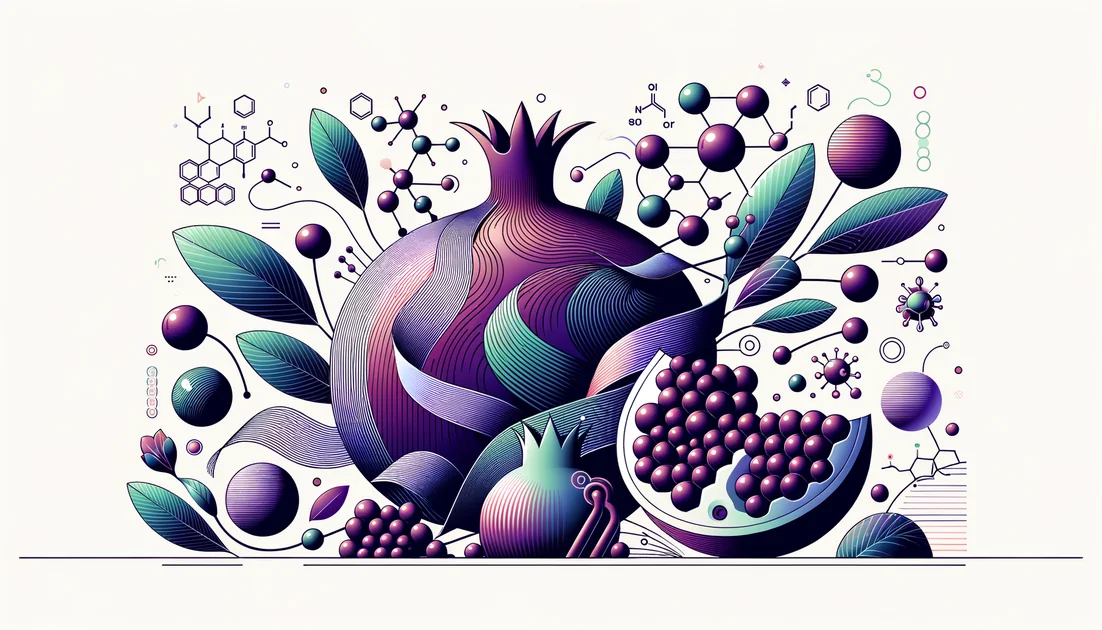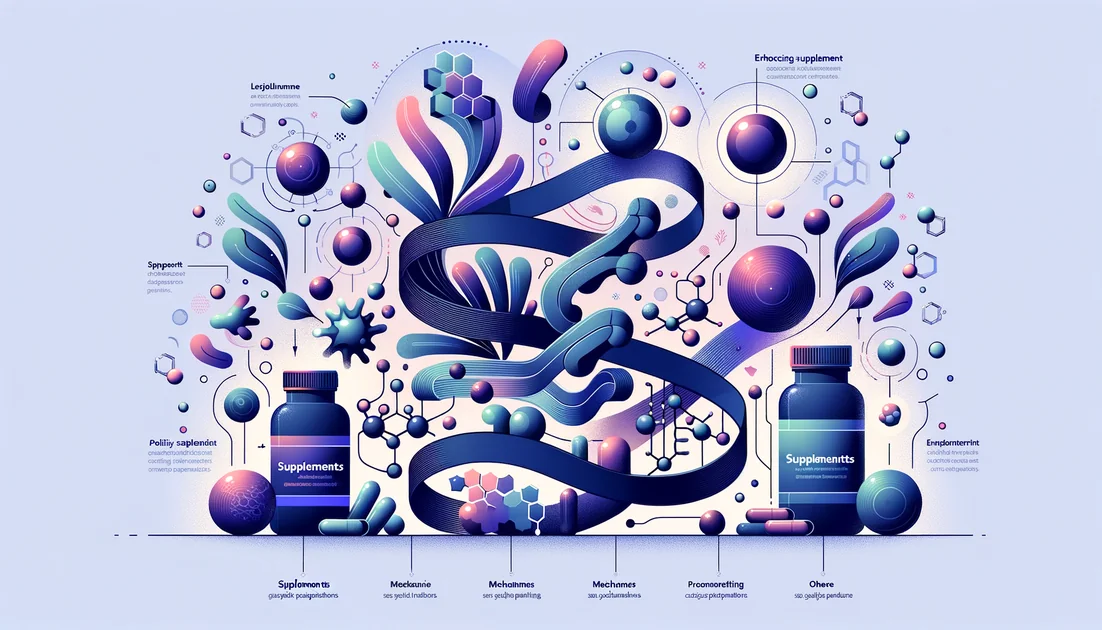
Top 8 Evidence-Based Recommendations
We read 60+ randomized trials and meta-analyses, extracted actual effect sizes and doses, and ranked only what moves the needle—not anecdotes or affiliate picks. Placebo effects in insomnia are huge, so everything here beats placebo in human data or it didn't make the cut. [4]
Quick Reference Card
Saffron extract: 20–30 mg nightly (2–4 weeks). [14][16]
Magnesium glycinate/citrate: 200–300 mg nightly. [7][8]
L-Theanine: 200–400 mg evening for "tired but wired." [10]
Ashwagandha: 300 mg BID or 600 mg QHS (2–6 wks). [12][13]
Show all 8 supplements...
Tart cherry: 8–12 oz juice or 1–2 oz concentrate nightly. [17]
L-Tryptophan: 1 g pre-bed for awakenings. [23]
Ranked Recommendations
#1Saffron extract (standardized)Top Choice
The surprising mood-sleep 2-for-1 that outperformed expectations
Dose: 20–30 mg extract nightly, or 14 mg twice daily for 4 weeks
Time to Effect: 7–28 days
How It Works
Evidence
Light-to-moderate insomnia with evening rumination or stress
May mildly lower blood pressure; separate from SSRIs if your clinician advises.
#2Melatonin (low-dose, timed)Strong Alternative
The body's clock cue—great for sleep onset and jet lag
Dose: 0.3–1 mg 1–2 hours before target bedtime (up to 3 mg short term)
Time to Effect: First night for sleep onset; days to fully shift circadian timing
How It Works
Evidence
Sleep-onset trouble, circadian issues (DSWPD), jet lag, shift work
Content can be mislabeled; start low to avoid grogginess; caution with anticoagulants and pregnancy—ask your clinician. [7]
#3GlycineWorth Considering
Cool the core, calm the brain—sleep feels deeper
Dose: 3 g 30–60 minutes before bed
Time to Effect: First night
How It Works
Evidence
People who feel "hot" at night or wake unrefreshed
Powder dissolves easily; stack with a cool room and warm socks to enhance heat loss.
#4Magnesium (glycinate or citrate)
The relaxation mineral—helpful if you're low
Dose: 200–300 mg elemental Mg 1–2 hours before bed
Time to Effect: 1–2 weeks (faster if deficient)
How It Works
Evidence
Light insomnia, muscle tension, or low-magnesium diets
Separates from certain antibiotics/bisphosphonates; citrate can loosen stools. [9]
Choose glycinate if sensitive GI; confirm "elemental Mg" on the label.
#5L-Theanine
Calm without sedation—great for "tired but wired"
Dose: 200–400 mg in the evening (avoid caffeine near bedtime)
Time to Effect: 30–60 minutes; bigger effects over 2–4 weeks
How It Works
Evidence
Anxious minds, light sleepers, caffeine-sensitive folks
May add to drowsiness with sedatives; caution with antihypertensives. [21]
Pairs well with magnesium or low-dose melatonin for sleep onset.
#6Ashwagandha (root extract)
Stress down, sleep up
Dose: 300 mg extract twice daily or 600 mg nightly for 6–10 weeks
Time to Effect: 2–6 weeks
How It Works
Evidence
Insomnia tied to stress or anxious hyperarousal
Autoimmune/thyroid meds—consult clinician.
Use root-only, standardized extracts used in trials (withanolide content disclosed).
#7Tart cherry (Montmorency)
Tiny melatonin bump, antioxidant assist
Dose: 8–12 oz juice or 1–2 oz concentrate 1–2 h pre-bed for 1–2 weeks
Time to Effect: 3–7 days
How It Works
Evidence
Mild sleep complaints, athletes, travelers
Carbs/sugars; consider concentrate or capsules if managing glucose.
Take evening dose consistently; combine with low-dose melatonin if targeting sleep onset.
#8L-Tryptophan
The serotonin–melatonin precursor for sleep continuity
Dose: 1,000 mg 30–60 minutes pre-bed
Time to Effect: First night; larger changes over 1–2 weeks
How It Works
Boosts central serotonin availability, which converts to melatonin in the pineal—improving sleep efficiency and WASO. [23]
Evidence
Placebo-controlled work shows improved sleep efficiency/WASO irrespective of 5-HTTLPR genotype; historic data support protective effects on slow-wave sleep. [23]
Frequent awakenings more than trouble falling asleep
Serotonergic meds: discuss with your clinician.
Do not combine with 5-HTP or MAOIs; use standalone at night.
Common Questions
What's the single best supplement for sleep onset?
Low-dose melatonin (0.5–1 mg) taken 1–2 hours before bed works fastest for falling asleep. [1][2]
Which magnesium is best for sleep?
Glycinate or citrate—better absorbed than oxide; 200–300 mg elemental Mg nightly. [8][9]
How long until I notice results?
Fast: melatonin/glycine/theanine (same night). Slow: saffron/ashwagandha/magnesium (1–4 weeks). [1][5][10][12][14]
Can I stack these?
Yes—see stacks. Avoid combining tryptophan with other serotonergic agents without medical advice. [23]
Is melatonin safe to take nightly?
Short-term low doses are generally safe; long-term data and label accuracy vary—use reputable brands and the lowest effective dose. [7]
Timeline Expectations
Combination Strategies
Fall-Asleep Fast Stack
Components:Melatonin 0.5–1 mg + L-theanine 200 mg + Glycine 3 g
Combines a circadian cue (melatonin) with anxiolytic calming (theanine) and thermoregulatory cooling (glycine) to shorten sleep latency more than any single. [1][10][5]
Take all 60 minutes before target bedtime; keep lights low after dosing.
You might also like
Explore more of our evidence-led investigations, comparisons, and guides across every article style.

Jarrow Formulas
Jarrow Formulas: Probiotic testing leader inside a conventional transparency playbook

β-Nicotinamide Mononucleotide (NMN) vs Nicotinamide Riboside (NR, as NR chloride)
If you want the most standardized, widely available NAD+ booster with strong human data on NAD+ raising and safety, choose NR. If you're working with a clinician or enrolling in NMN trials, pharmaceutical-grade NMN can also raise NAD+, but retail NMN faces regulatory and quality issues. [1][2][5][8][11][13][14][16]

Best for hormone balance (perimenopause & menopause)
ERr 731 (rhubarb extract) — 4 mg daily — fast VMS relief [9]

Pomegranate (Punica granatum)
In myth, the pomegranate was both a promise of life and a passport to the underworld. In clinics today, it's turning up in blood-pressure cuffs, dialysis units, and even neonatal MRI suites. How did a ceremonial fruit become a biomedical probe?


Tocotrienols
The stealthier cousins of vitamin E—built with springy tails that move differently in cell membranes and behave differently in your body.
















